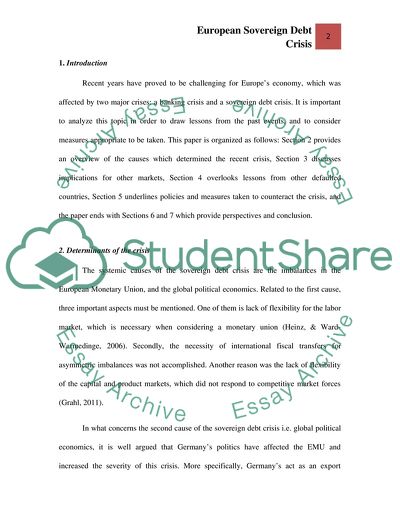Cite this document
(European Sovereign Debt Crisis Essay Example | Topics and Well Written Essays - 2000 words, n.d.)
European Sovereign Debt Crisis Essay Example | Topics and Well Written Essays - 2000 words. Retrieved from https://studentshare.org/finance-accounting/1784371-european-sovereign-debt-crisis
European Sovereign Debt Crisis Essay Example | Topics and Well Written Essays - 2000 words. Retrieved from https://studentshare.org/finance-accounting/1784371-european-sovereign-debt-crisis
(European Sovereign Debt Crisis Essay Example | Topics and Well Written Essays - 2000 Words)
European Sovereign Debt Crisis Essay Example | Topics and Well Written Essays - 2000 Words. https://studentshare.org/finance-accounting/1784371-european-sovereign-debt-crisis.
European Sovereign Debt Crisis Essay Example | Topics and Well Written Essays - 2000 Words. https://studentshare.org/finance-accounting/1784371-european-sovereign-debt-crisis.
“European Sovereign Debt Crisis Essay Example | Topics and Well Written Essays - 2000 Words”. https://studentshare.org/finance-accounting/1784371-european-sovereign-debt-crisis.


